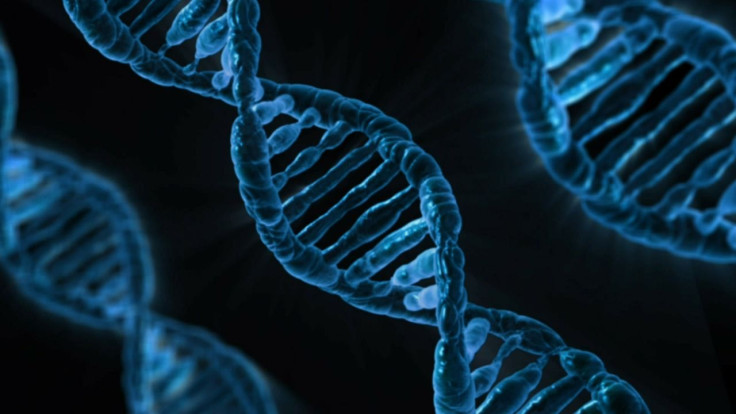Genetic Mutations Could Predict Schizophrenia Risk And How Long You Stay In School

A pair of studies in the journal Nature Neuroscience have investigated a link between rare genetic mutations and schizophrenia, as well as the link between similar types of mutations and how long people stayed in school. The findings show people with certain genetic mutations developed the mental illness at a higher rate or typically had several months less schooling than the rest of the general student population, meaning the mutations can be one of the factors playing a role in those outcomes.
For the first study linking the mutations to schizophrenia, scientists analyzed the genes of more than 12,300 people, almost 5,000 of whom had schizophrenia. They found that protein-damaging variations expressed in the brain “were more abundant among individuals with schizophrenia than among controls,” the study says, at a high rate that suggests inheritance of those genes. The part of the brain affected most was the neurons, and the researchers suggested that dysfunction in the synapses — the pathways between neurons through which information is passed — heavily influences the risk of developing schizophrenia.
In the second study, scientists compared a similar kind of group of rare genetic mutations to the amount of time subjects stayed in school, to indirectly measure the effect of these mutations on general cognitive abilities. The tallies varied, with one mutation being linked to three fewer months of schooling than the average student and another to six months fewer. Based on consistent results in people both with and without severe neurodevelopmental disorders, such as schizophrenia, autism, mental retardation and bipolar disorder, the researchers suggested that protein-damaging genetic mutations in the brain “influence the cognitive spectrum in the general population,” rather than just those with the severe disorders.
But this is not the end of the research. According to the first study, “Because of the rareness of these variants and the infrequency with which any individual gene is affected by them, even among schizophrenia cases, the sequencing of much larger cohorts will be needed to identify the specific individual genes in which rare variants shape risk for schizophrenia.”
Source: McCarroll S, Genovese G, and Fromer M, et al. Increased burden of ultra-rare protein-altering variants among 4,877 individuals with schizophrenia. Nature Neuroscience. 2016.
Neale BM, Ganna A, and Genovese G, et al. Utra-rare disruptive and damaging mutations influence educational attainment in the general population. bioRxiv. 2016.



























